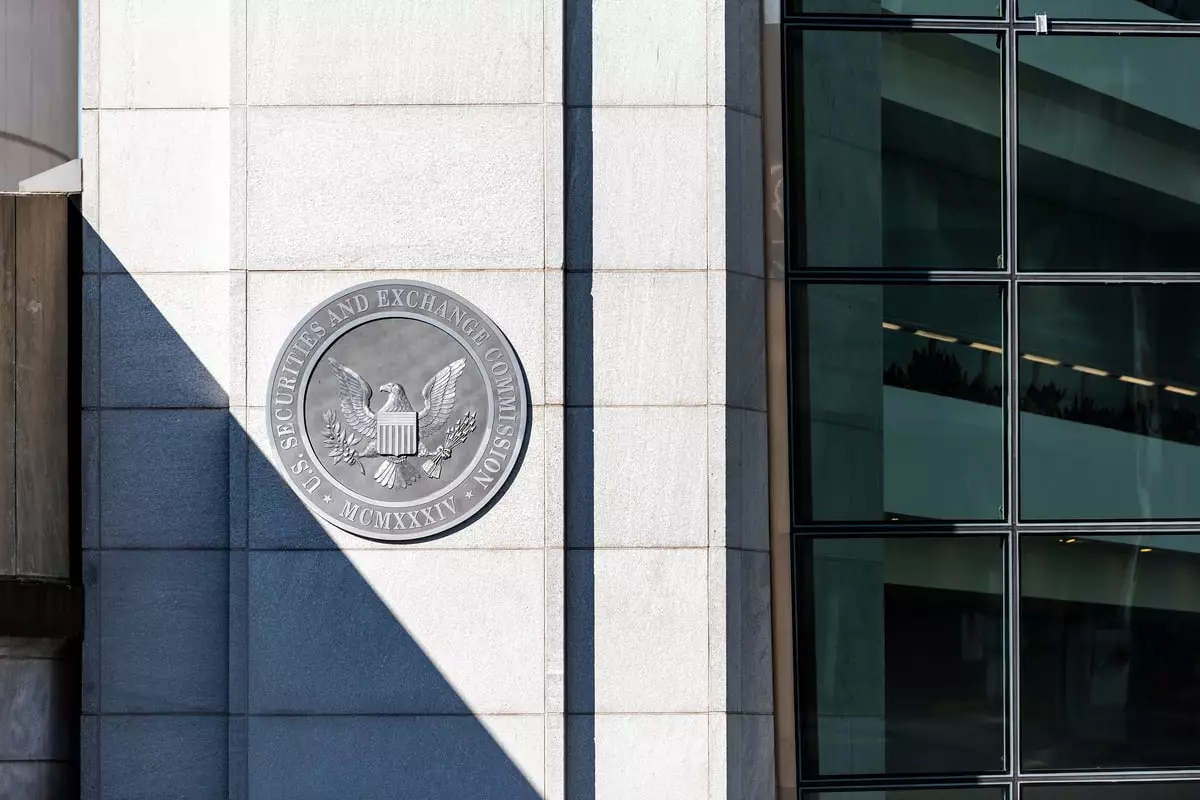Hegic, a prominent crypto derivatives trading platform, finds itself embroiled in controversy after engaging in a questionable trade with an affiliate company. This trade has potentially exposed Hegic to an insider trading investigation by the U.S. government. The platform recently announced the discontinuation of its less popular sister platform, Whiteheart, resulting in a significant payout to investors. However, the timing and nature of Hegic’s token purchases have raised suspicions and legal concerns.
Hegic’s pseudonymous founder, Molly Wintermute, made headlines when she revealed that Whiteheart would be sunsetting its development. Shortly after this announcement, Whiteheart’s token, WHITE, experienced a surge in demand, leading to a sixfold increase in its price, reaching an impressive $3500 per token last month. Hegic, as the larger and ongoing platform, was responsible for initiating the payouts associated with Whiteheart’s closure.
What caught the attention of regulators was Hegic’s purchase of nearly one-third of WHITE token’s supply just three days prior to Wintermute’s announcement. When combined with an earlier September purchase, Hegic now possesses a claim to approximately half of Whiteheart’s treasury. This amounts to a staggering $17 million worth of Ether (ETH) due to the recent appreciation of crypto markets.
In the traditional securities market, publicly traded companies are prohibited from trading based on private information that could significantly impact the market once it becomes public. This practice is commonly known as “insider trading.” However, the regulations regarding insider trading in cryptocurrencies are not as clear, as regulators struggle to classify them accordingly.
Gary Gensler, Chairman of the Securities and Exchange Commission (SEC), has expressed his belief that the majority of cryptocurrencies should be categorized as securities. With this perspective, Gensler may view Hegic’s actions as potential violations of securities laws and may pursue enforcement measures accordingly. Legal experts, such as James Park, a law professor at UCLA, assert that Gensler would likely consider Hegic’s WHITE token as a security.
To defend against allegations, DeFi founders like Wintermute could argue that they do not control their creations and, therefore, have no fiduciary duty towards their shareholders. However, Wintermute’s position as the core developer of both Whiteheart and Hegic, overseeing their token sales and controlling their treasuries, undermines this line of defense. As Professor Park points out, Wintermute and similar founders have been entrusted by token holders to develop projects that would enhance their profits. Thus, their actions carry a higher level of responsibility and accountability.
The recent events surrounding Hegic’s potentially improper trading practices and the subsequent exposure of WHITE token to insider trading allegations have shocked the crypto industry. This scandal casts doubts on the platform’s integrity and raises concerns about the lack of clear regulations governing insider trading in the cryptocurrency market.
Hegic’s involvement in an affiliate trading scandal has ignited a new debate regarding insider trading in the cryptocurrency space. While traditional securities markets have established regulations to combat such practices, the regulatory landscape for crypto remains uncertain. The views of key figures such as Gary Gensler suggest that stricter regulations may be on the horizon. As the industry evolves, it is crucial for platforms and individuals alike to act with transparency and integrity to maintain the trust of investors and regulators.


Leave a Reply